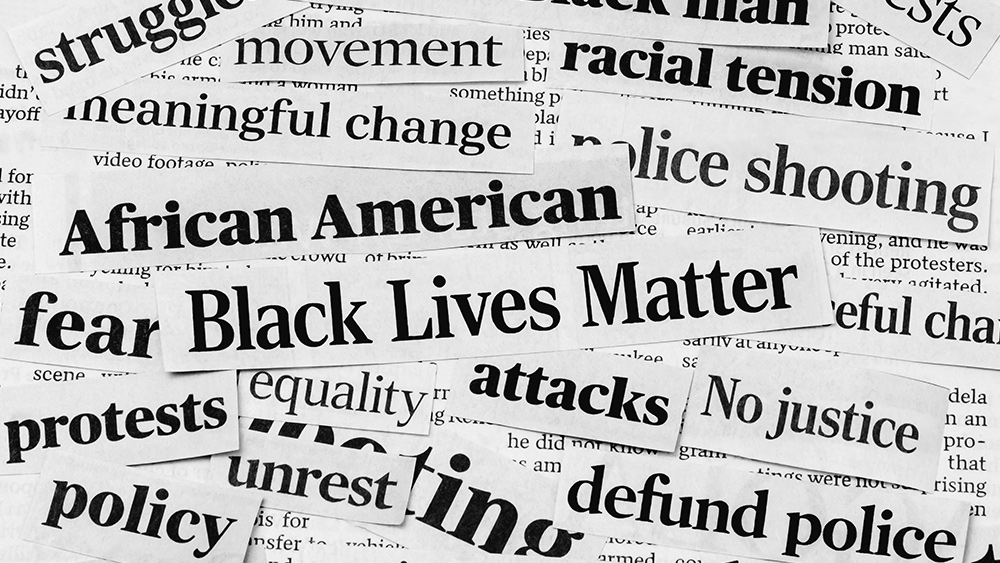
Katie Petrick and David Fiorazo, the hosts of "Educated" on FreedomProject Media, tackled a study showing that most of the students deem college too difficult.
The said study was conducted by Intelligent.com, a company that regularly surveys college students who attend four-year courses. The vast majority – 87 percent – of the 1,000 respondents felt that at least one of their college classes was too challenging and should have been made easier by the professor.
"Majority of under-qualified students say that college is hard. They don't want to study," said Petrick. She added that these students still expect their college degree in exchange for the tuition, which they may not even pay if the Biden administration's plan to cancel student loan debt pushes through.
Fiorazo agreed, remarking that "while 87 percent of students are saying college is too difficult, the same percentage is studying less than 10 hours per week." He implied that the students actually want their professors to make the workload easier for them.
Petrick also pointed to the survey question about the average time respondents spend doing schoolwork each week, saying that 67 percent allocate one to 10 hours. "They are doing less than 10 hours of studying in a week for their full-time job of being a college student. The simple fact that they're saying any of this is challenging is all of them not wanting to do the work," she said.
Around 54 percent of respondents said a few of their classes were challenging. Twenty-one percent said only one of their classes was challenging for them, and two percent said all their classes are too difficult.
Students find math difficult, humanities easy
Fiorazo mentioned that 46 percent of respondents cited math as the subject they found too challenging. That's hardly a surprise, Petrick said, because math is really tough for many.
It also didn't surprise Petrick that students considered humanities subjects easy. These subjects, he said, are normally handled by woke professors.
The Intelligent.com report also mentioned that 31 percent of respondents admitted to cheating to get a better grade. Meanwhile, 28 percent had asked their professors to change their grade.
It also found that 45 percent of respondents want the traditional letter grading system to be replaced with pass-or-fail grading. Only 23 percent of respondents opposed any proposal to eschew letter grades in favor of passed or failed marks. (Related: No more flunking: California school districts drop D, F grades for high schoolers.)
Fiorazo referenced remarks by Stanley Kurtz, who said the decline of educational standards in America goes back decades. Kurtz, a longtime educator and cultural commentator, believes that Americans are near the bottom of a slope – and they began to roll down in the 1960s.
"And I think that that's about right in the '60s. He mentions coddling students reduced expectations and that affects people when they get out into the workforce. And so, it's part of the picture," said Fiorazo.
Follow EducationSystem.news for more news about American colleges and universities.
Watch the full episode of "Educated" with Katie Petrick and David Fiorazo below where they discuss the report about college being too difficult for students.
This video is from the FreedomProject Media channel on Brighteon.com.
More related stories:
Students push back against anti-Catholic rhetoric, events at Jesuit-run university in Missouri.
Students reveal 'forbidden lessons' taught at anti-woke University of Austin.
Sources include:
Please contact us for more information.


















